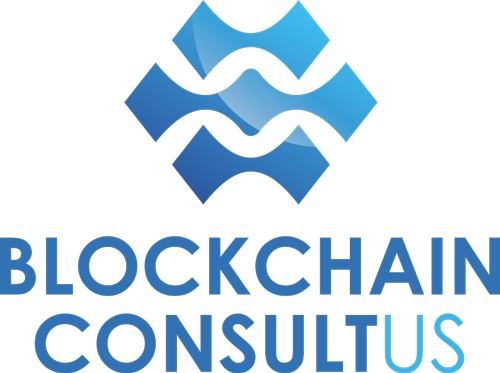With the French parliament recently passing PACTE, will this bring greater digital asset clarity to businesses and potentially help France establish itself as a leading blockchain nation on the global scene?
Back in September 2018, the French government announced its intentions to provide a legal framework for all “digital assets” providers.
The amendment was tabled by LREM MPs Valeria Faure-Muntian, Christine Hennion and Eric Bothorel, with an aim of widening the existing legal framework so that all participants in the crypto realm could receive approval from the main stock market regulator in France – the Autorité des Marchés Financiers (AMF).
Now, the French government has finally passed the Plan d’Action pour la Croissance et la Transformation des Entreprises (PACTE – Action Plan for Business Growth and Transformation). So, what does this mean for blockchain businesses considering or already operating in France?
A new chapter for France and blockchain technology
The PACTE entails various acts of legislation all designed to help boost the French economy. Otherwise known as the Loi PACTE, it has the potential to help French create a robust environment for crypto businesses to thrive in.
Within the next three years, the French government is considering investing a staggering €500 million to develop the country’s blockchain ecosystem.
While the finer details may still be in the process of being ironed out, it seems like crypto assets will become regulated sooner rather than later.
As we’ve recently seen in Malta, some countries might support the innovation of blockchain, but if the financial sector isn’t on board, crypto businesses will continue to struggle to do simple banking transactions like opening up an account.
One of the most positive factors of PACTE is that it contains clear guidelines for businesses who wish to fundraise via public token offerings. Similarly, any who wish to conduct an initial coin offering (ICO) will also need to get it licensed by the AMF – this is a peace of mind for investors who want to make sure that they’re dealing with a legitimate source.
PACTE establishes a regulatory framework that strikes a balance between flexibility and comprehensive. It has the potential to adapt and facilitate the new economy with the more legitimate players like banks, while remaining detailed enough to represent the whole crypto ecosystem.
The co-founder of Paris Blockchain Week and Woorton, Karim Sabba, says: “In order to reach mainstream adoption, France must foster a thriving business ecosystem in the digital assets industry, and emerging companies need to offer consumers easy-to-use products and services.”
“The passing of PACTE nourishes the creation and development of such businesses. In most jurisdictions, digital asset businesses face enormous challenges in both setting up and operating their businesses. Anything from opening a bank account, to knowing what regulations to comply with, can become insurmountable obstacles.”
PACTE: Is France the immediate choice for blockchain businesses?
France is undoubtedly on the right path towards being regarded as a leading blockchain nation.
However, if your business is looking to move immediately and doesn’t have the luxury of waiting for France to implement more positive solutions, there are arguably a handful of other countries to consider – including Estonia, Switzerland and Luxembourg.
The Loi PACTE still needs to return to Senate for a second reading before becoming a law and the huge investment injection into blockchain support and innovation may still take a year or two before really taking off.
Nonetheless, this new stance from France is certainly positive and still represents a smart alternative for start-ups.


